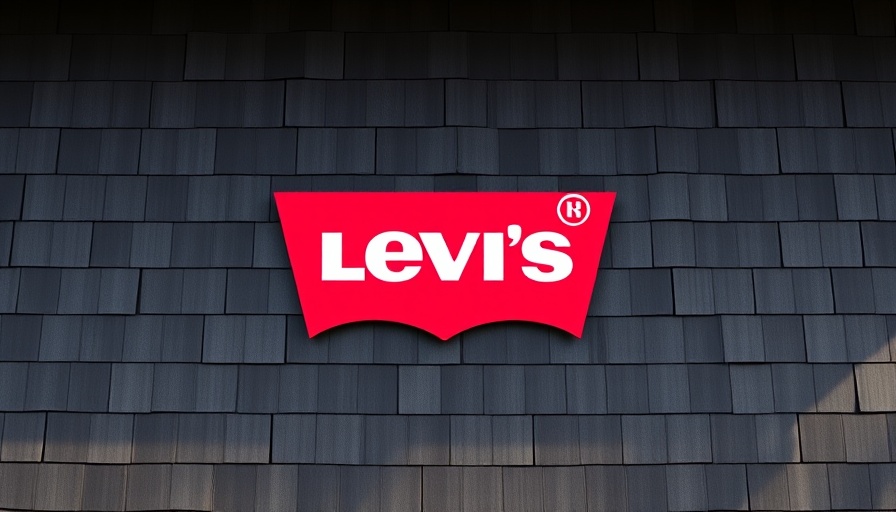
Levi Strauss Faces Tariff Challenges as It Maintains Optimism
In a recent earnings report, Levi Strauss (NYSE:LEVI) expressed its concerns about the potential impacts of tariffs set by the Trump administration in 2025. During the post-earnings call, CFO Harmit Singh noted that the situation surrounding these tariffs remains "fluid and unprecedented," leading to uncertainty about their effects on the company’s fiscal outcomes.
Despite these challenges, Levi Strauss has opted to maintain its annual sales and profit forecasts, indicating a robust strategy to strengthen margins. By focusing on cost-cutting measures and promoting full-price apparel sales, the denim giant managed to see a 5% increase in its stock prices following the announcement. This approach is a part of a broader resilience strategy as the denim market continues to show steady demand.
The Denim Market: Trends and Observations
The consistent demand for denim, especially during times of economic uncertainty, speaks volumes about the resilience of this sector. In particular, Levi Strauss reported exceeding its quarterly sales estimates, showcasing an enduring consumer preference for its products. Analysts reflect on how denim’s timeless appeal creates both challenges and opportunities for manufacturers, with shifting fashion preferences and sustainability becoming more influential.
Understanding the Tariff Landscape
Government tariffs can heavily influence retail pricing and profit margins. Singh’s admission of uncertainty reflects a broader concern in the industry regarding supply chain disruptions and fluctuating costs associated with imported goods. The retail sector's reliance on imports means that even a slight adjustment in tariffs can have cascading effects throughout the economy. Investors need to keep an eye on policy changes as they could drastically alter the landscape not just for Levi Strauss but for numerous brands internationally.
Investment Strategies Amidst Economic Uncertainty
For investors considering how to navigate these turbulent times, the Levi Strauss scenario offers lessons in risk management and strategic positioning. It points to the importance of portfolio diversification—ensuring that holdings are balanced across sectors, to mitigate potential losses from specific stock declines.
The case of Levi Strauss adds to an emerging narrative among value and growth investors advocating for positioning in companies with strong brand loyalty and diverse supply chains. Retail-focused funds or ETFs could provide an avenue for investors looking to capitalize on the evolving dynamics in consumer goods amid tariff uncertainties.
Lessons for Retailers and Consumers Alike
This tariff uncertainty is not just a concern for corporate executives; it also resonates with everyday consumers who may face higher prices. Levi Strauss's decision to adjust its pricing strategy underscores the need for companies to remain adaptable, but it also raises questions for consumers about making thoughtful purchasing decisions.
In times when costs are expected to rise, consumers might begin weighing the value of investing in classic, durable pieces rather than frequent fast-fashion purchases.
Preparing for the Future: What Lies Ahead for Levi Strauss?
As Levi Strauss navigates the uncertainty of tariffs while maintaining its market position, it will be critical for the brand to continue innovating. The **future predictions** for retail could see a significant shift toward online shopping and eco-friendly practices that align with consumer values. A focus on sustainability is vital, not just for ethical considerations but also for aligning with the needs of a rapidly changing market.
In conclusion, as we anticipate further developments, stakeholders involved must prioritize adaptability, innovation, and value alignment. Levi Strauss serves as a reminder that while challenges loom, strategic foresight and consumer commitment can strengthen a brand's bottom line.
 Add Row
Add Row  Add
Add 



Write A Comment